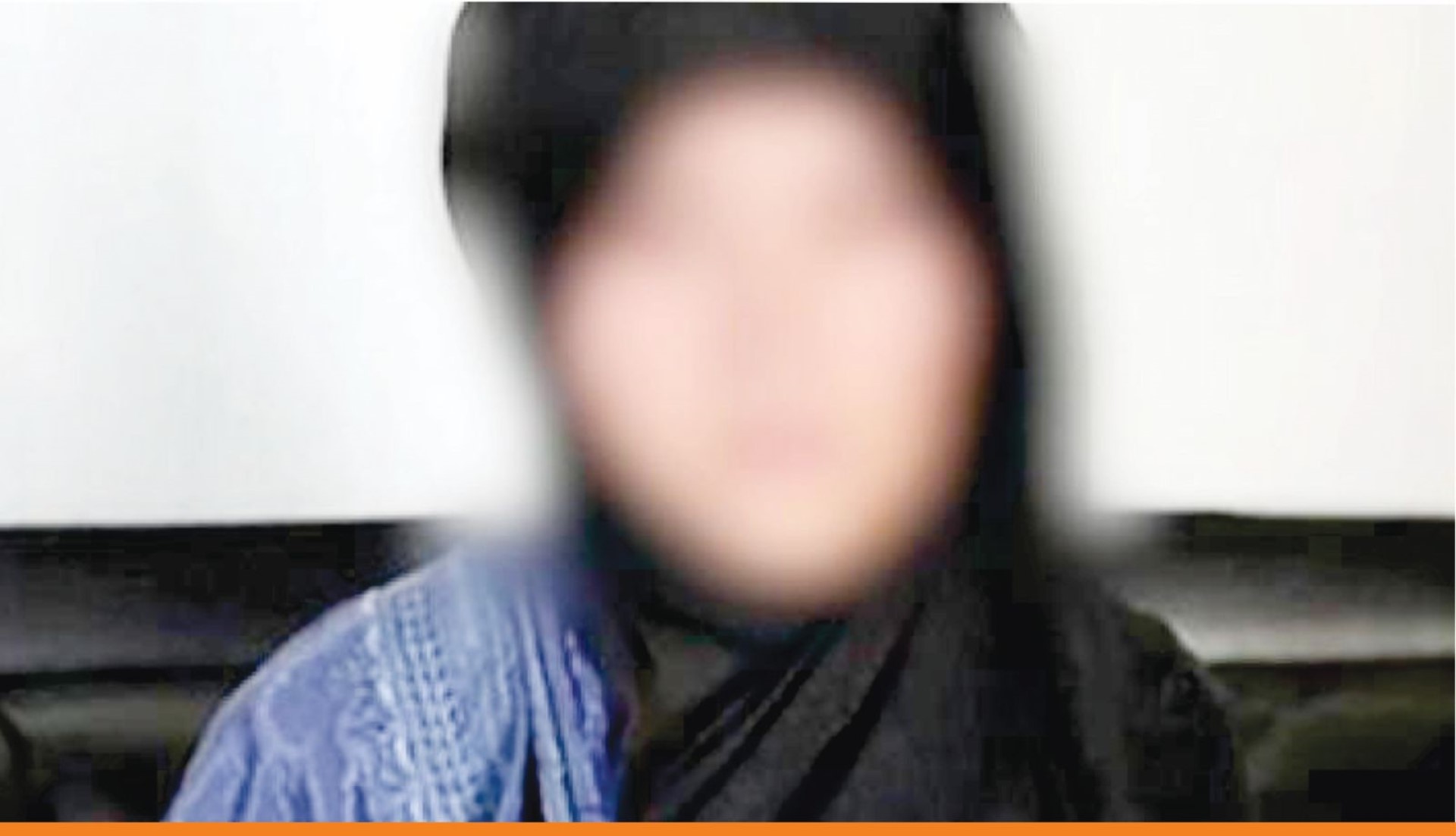One of the survivors of gender-based violence, Ms. Gita, shares her story of pain and violence. She describes how her husband, a drug dealer, subjected her to oppression and torture. He neglected to provide for their basic needs such as food and clothing for her and her children. Additionally, her hasbund, second wife physically abused her and forced her out of their home. Unable to endure the mistreatment any longer, she sought refuge at her father’s house, tearfully expressing her unwillingness to return and her decision to seek a divorce with no intention of remarrying. She asked her father for support and protection, and he assured her that he would assist Gita with her decision. It has been 13 days since she finalized her divorce.
My father and mother didn’t ask for my consent when I got married at the age of 12. I was unaware of the situation, and my father prioritized money over my well-being. My husband’s second wife mistreated me, took away my one-year-old daughter, and kicked me out of the house. I faced various problems from her, as well as from my father, mother, and husband. Now, my children are with my husband and his second wife, and I fear for their well-being in my absence. The second wife has oppressed them in the past, and I worry that she will continue to do so. She told my husband that he had the right to take care of the children, insisting that I was just a servant. She denied me food, clothes, and money for my daily needs. I am now separated from my children and miss them greatly. Fathers should not marry off their underage daughters for money. This practice ruins the lives of innocent girls. Daughters should not be married off as second wives or to those with a bad reputation in society.
Afghan women and children are particularly vulnerable to abuse, neglect, exploitation, and gender-based violence. HRWMO conducted 50 interviews with survivors of gender-based violence in various safe locations in Kabul. The interviews aimed not only to document their experiences but also to offer legal and psychological counseling to the survivors. HRWMO also engaged with relevant stakeholders to expedite the referral process for social services for the survivors.
“For more stories, please click here.”

